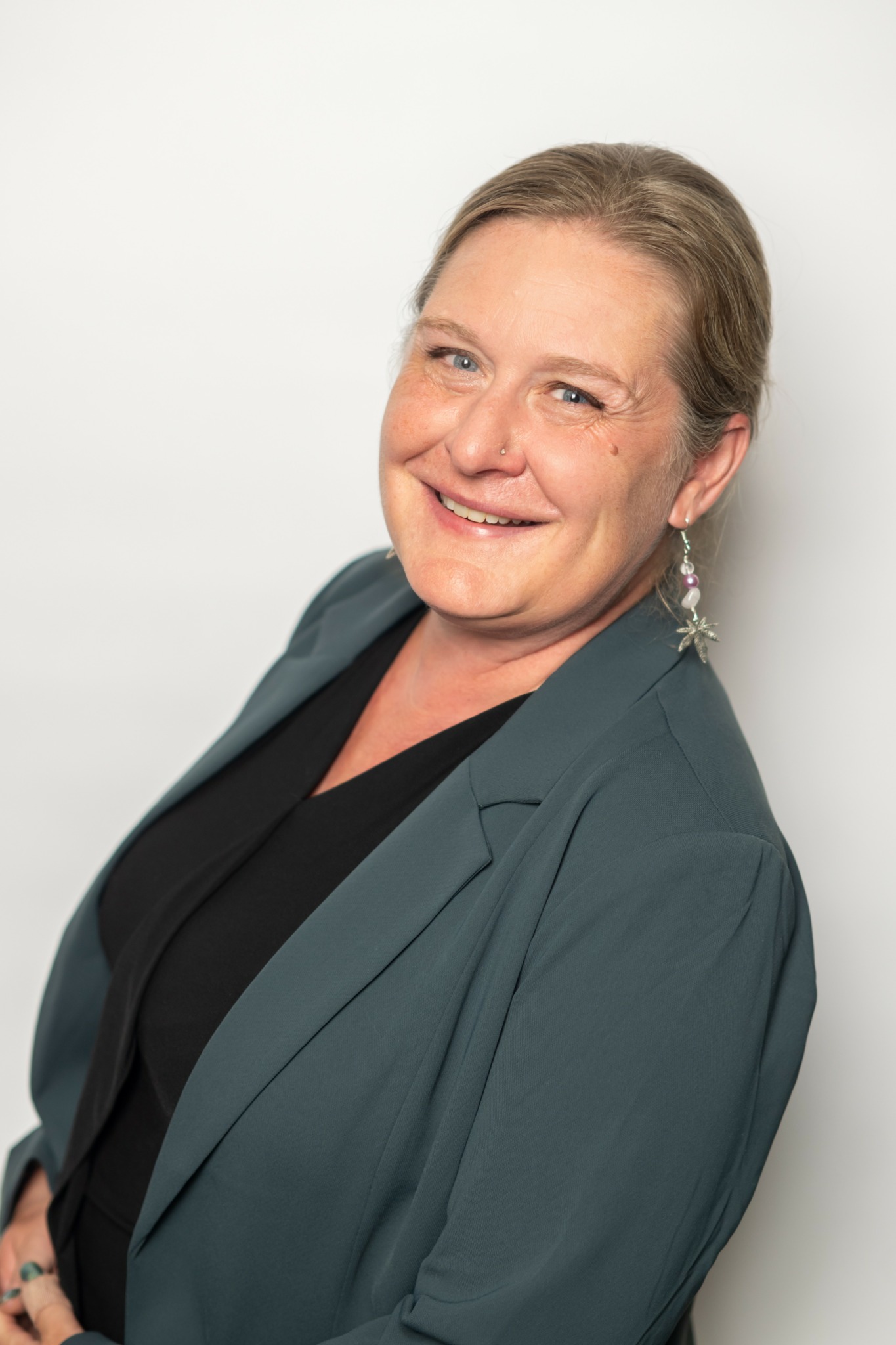We recently connected with Jen Reise and have shared our conversation below.
Jen, thanks for joining us, excited to have you contributing your stories and insights. One of the most important things small businesses can do, in our view, is to serve underserved communities that are ignored by giant corporations who often are just creating mass-market, one-size-fits-all solutions. Talk to us about how you serve an underserved community.
Minnesota’s cannabis law was specifically designed to prioritize social equity applicants and people of color – communities that were disproportionately harmed by prohibition. But getting a license is just the beginning. These entrepreneurs face additional barriers in accessing capital, navigating complex regulations, and building professional networks.
That’s exactly why I created the North Star Accelerator Program. Looking at our current 16 members, the numbers tell the story: we have 4 social equity applicants, 4 licensees controlled by people of color, 2 veteran-owned businesses, 8 women-owned or women-majority businesses, and more than half are building cannabis businesses in outstate Minnesota. (Many members qualify in multiple categories, reflecting the intersectional nature of the communities we serve.)
But here’s what makes me most proud: we’re not just checking diversity boxes. These entrepreneurs are making real progress. Members are securing conditional use permits, moving into their facilities, hiring key team members, and building the relationships they need to succeed. As one member told me recently, “There is no way I would be this far along without this group.”
The accelerator costs much less than 1:1 consultation with an attorney or regulatory expert, because it is designed for pre-revenue entrepreneurs without deep pockets. We charge $100 per week, which covers weekly group sessions, on-demand education, access to our network of trusted service providers, and ongoing support as challenges arise.
More importantly, we’re building an ecosystem. When accelerator members need accounting services, real estate guidance, or legal support, they’re connected with professionals who understand both cannabis regulations and the specific challenges facing underserved entrepreneurs. Other times, it is other members of the accelerator that have answers to the questions that arise as each builds. It’s not just about what you know – it’s about who you know and who’s willing to invest in your success. The accountability and support of a group is a powerful motivator to keep going through tough times. And I’m dreaming of ways to continue to rise together, by finding economies of scale and shared purchasing power as members launch their businesses.
We’re not just building individual businesses – we’re building generational wealth and community ownership in an industry that could easily be dominated by outside capital.
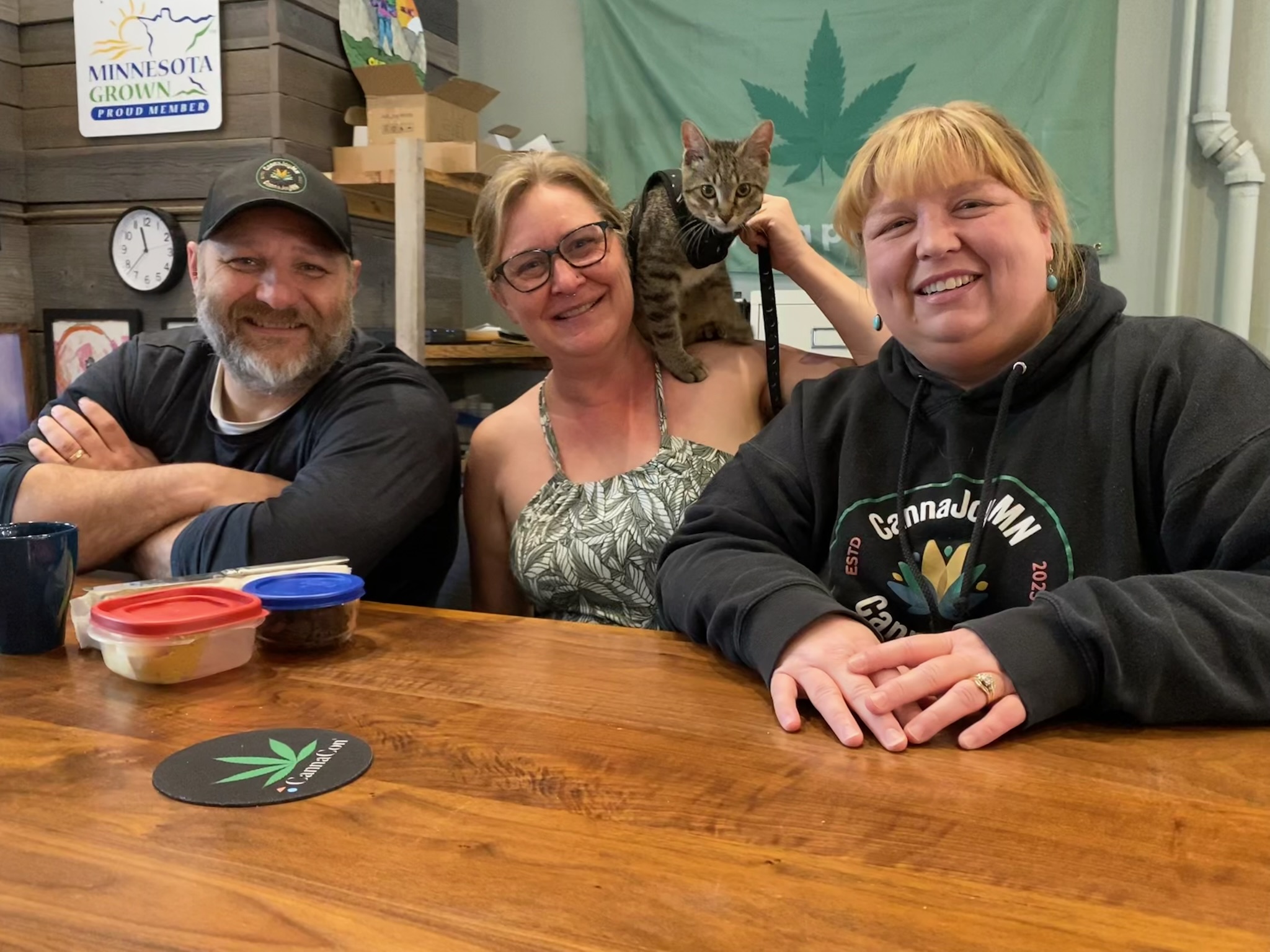
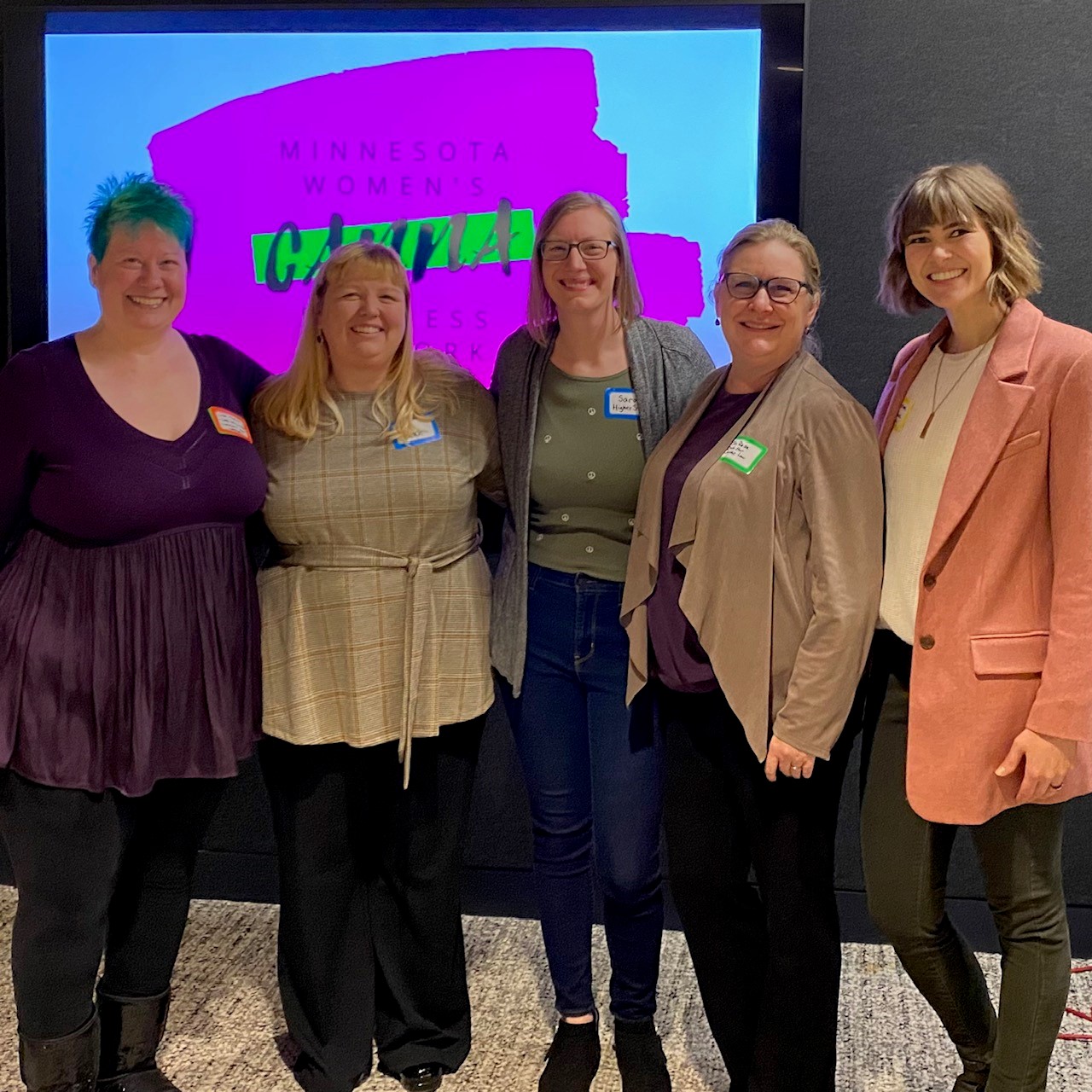
Jen, love having you share your insights with us. Before we ask you more questions, maybe you can take a moment to introduce yourself to our readers who might have missed our earlier conversations?
I’m Jen Randolph Reise, and I help cannabis entrepreneurs in Minnesota build compliant, sustainable businesses in what I like to call “small business on hard mode.” But my path here wasn’t exactly linear.
I’m a securities attorney by training, which means I helped sophisticated companies navigate IPOs, mergers, and complex regulatory environments. I’ve been a business lawyer in Minnesota for almost 20 years: I graduated valedictorian from law school, worked at a big firm downtown, served as in-house counsel at a publicly-traded company, and even taught law school full-time for three years. But something was missing.
About three years ago, I seized an opportunity to use my regulatory expertise to help the smallest entrepreneurs instead of the biggest corporations. When Minnesota legalized cannabis in 2023, advocates and the Legislature had envisioned an emerging industry specifically designed to make room for craft businesses and social equity entrepreneurs, rather than just letting big players dominate from day one. I knew I could help make it a reality.
That’s what sets me apart in this space. Most cannabis consultants come from either the plant side or general business backgrounds. I bring sophisticated regulatory and securities experience to an industry that desperately needs it, but I package that expertise in an accessible, affordable way for small entrepreneurs.
Through North Star Cannabis Consulting, I provide strategic guidance and compliance consulting. But more importantly, I’ve created the North Star Accelerator Program – Minnesota’s first startup accelerator specifically for cannabis businesses. It’s a cohort-based program where entrepreneurs get the resources, relationships, and community they need to launch successfully.
What I’m most proud of is the community we’ve built. Cannabis entrepreneurship can be incredibly isolating – you’re navigating an industry many people still don’t understand, with regulations that change constantly, and financing challenges that don’t exist in other sectors. My accelerator members are making real progress: securing permits, moving into facilities, hiring teams. But equally important, they’re doing it alongside other entrepreneurs who understand their journey.
What I want potential clients to know is this: you don’t have to figure this out alone. Cannabis is complex, but it’s not impossible. With the right guidance and community, you can build something both meaningful and profitable.
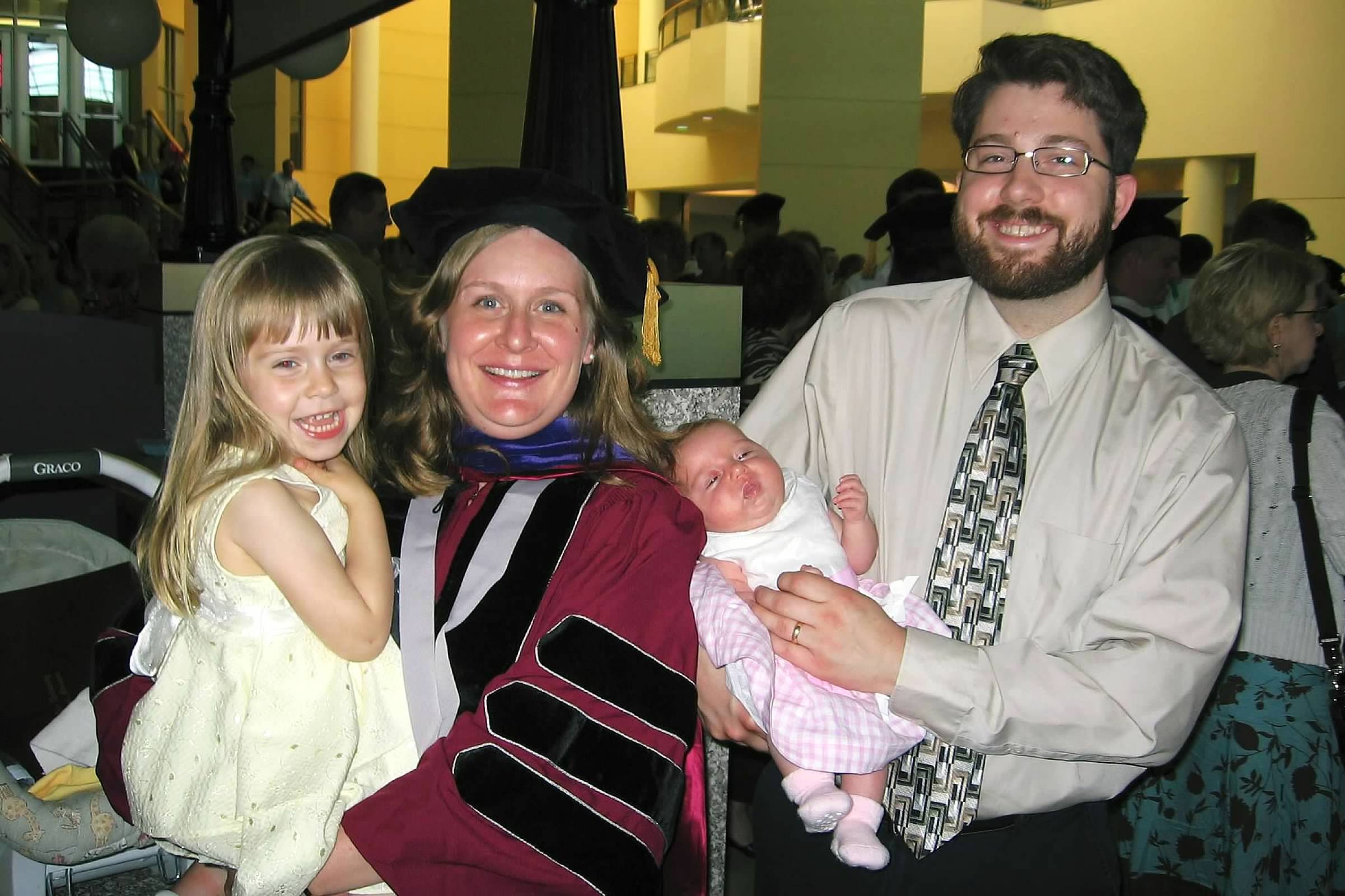

Any advice for growing your clientele? What’s been most effective for you?
Hands down, my newsletter has been the most powerful client acquisition and retention tool I’ve built. Within six months of starting to practice cannabis law, in mid-2023, I began publishing a weekly newsletter covering Minnesota’s cannabis industry developments, regulatory updates, and practical advice for entrepreneurs. Since then, it’s grown organically to a resource for 1200 people who are curious about the cannabis business economy in Minnesota.
Here’s what makes it work: I’m not trying to sell in every email. Instead, I’m genuinely educating people about this complex, rapidly-changing industry. Cannabis entrepreneurs are drowning in regulatory complexity – they need someone to translate the legal jargon and help them understand how new rules affect their businesses.
The newsletter has created something beautiful that I didn’t expect: a nurturing cycle with clients. I’ll have initial consultations with entrepreneurs who aren’t quite ready to move forward – maybe they’re still raising capital or waiting for licensing results. Instead of disappearing, they stay engaged through the newsletter. Months or even years later, when they’re ready to take the next step, they come back because I’ve been consistently providing value during their entire journey.
This approach works especially well in cannabis because trust is everything. We’re helping people navigate not just business challenges, but an industry that many people still view with skepticism. When potential clients see me consistently showing up with reliable, practical information week after week, it builds the credibility they need to feel confident working with me.
The key lesson for any entrepreneur: stop thinking about marketing as selling. Start thinking about it as serving. When you consistently provide genuine value to your community, business development becomes much more natural and sustainable.
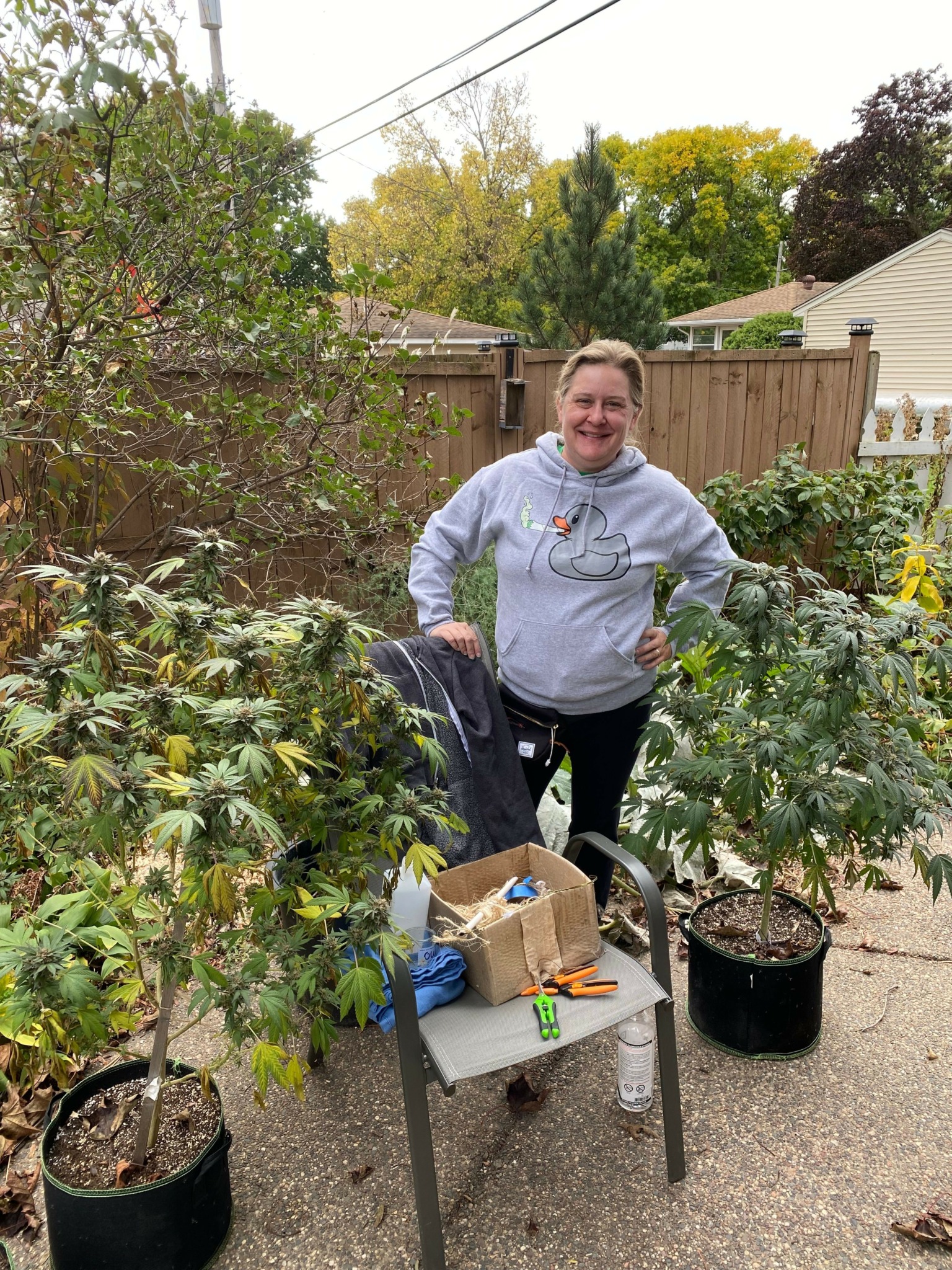
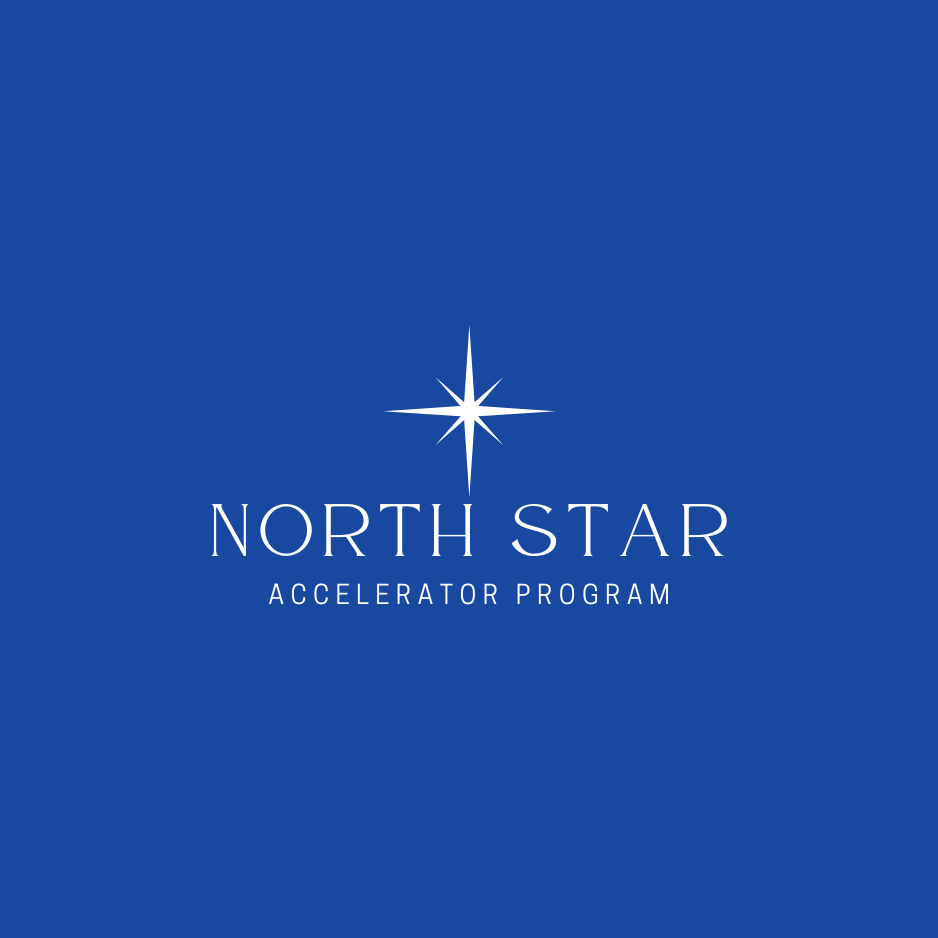
Any stories or insights that might help us understand how you’ve built such a strong reputation?
Two things: showing up consistently in the right places, and building an ecosystem approach rather than trying to go it alone.
First, the platform strategy. Early on, I realized that cannabis businesses face unique social media challenges that other entrepreneurs don’t. Instagram routinely shuts down cannabis business accounts, even when they’re completely compliant with state law. Facebook has similar restrictions. That makes it hard for founders to get the word out about events and to find one another. LinkedIn, thankfully, allows cannabis business promotion because they recognize it as legitimate commerce in legal states.
Conversely, owned media, like my newsletter, is much more stable. My newsletter has always included an upcoming events section from my network (free of charge). I’ve also played with classified ads to help connect people looking for services and business partners. I’ve also supported other owned media: I stepped up as the title sponsor of a podcast for and about the Minnesota cannabis industry when it emerged in 2023 (the Northern Lights podcast from the Minnesota Cannabis College), and write for and advise BLOOM Magazine, a brand-new industry magazine for Minnesota’s cannabis market.
From day one, my core message has been “we are creating a new industry together” – and I have locked arms with others on the same page.
I actively collaborate with other professionals who serve cannabis entrepreneurs: accountants who understand 280E tax implications, real estate agents who specialize in cannabis properties, security consultants, banking specialists. We refer clients to each other, speak on panels and to the media together, and work together on complex projects. Instead of seeing other service providers as competition, I see them as essential partners in helping our shared clients succeed.
This ecosystem approach has exponentially expanded my network and reputation. When a lawyer refers a client to me for regulatory guidance, and I refer that same client to a trusted accountant for tax planning, we’re all strengthening our reputations and creating better outcomes for the entrepreneur.
I also made a strategic decision to engage with policy makers and industry organizations early. I testified at legislative hearings, spoke at industry conferences, and contributed to policy discussions. This positioned me not just as a service provider, but as a thought leader who genuinely cares about building a successful industry in Minnesota.
I also have invested heavily in educating myself, so I can help others. Cannabis is, by far, the most complicated area of law that I have ever been exposed to, because of the federal illegality plus regulators who are building the plane as they fly it. I’ve traveled to MJBizCon, the huge national conference for the cannabis industry, three times, to join and learn from the International Cannabis Bar Association and connect with people from other markets so they can help us avoid pitfalls already faced in other states. I’ve been learning like a sponge so I can turn around and lead small entrepreneurs through the ever-changing minefield.
The cannabis space is still small enough that your reputation travels fast – both good and bad. By consistently showing up as knowledgeable, collaborative, and genuinely committed to my clients’ success, I’ve built trust not just with individual entrepreneurs, but with the broader community of stakeholders who influence this industry.
For entrepreneurs in any emerging industry: your reputation isn’t built in isolation. It’s built through the relationships you create, the value you provide to your community, and your consistent presence during both the exciting moments and the challenging ones. Show up, be helpful, and don’t try to do everything yourself.
Contact Info:
- Website: https://www.northstarcannabisconsulting.com/
- Instagram: https://www.instagram.com/jensjourneyon/
- Linkedin: https://www.linkedin.com/in/jenreise/
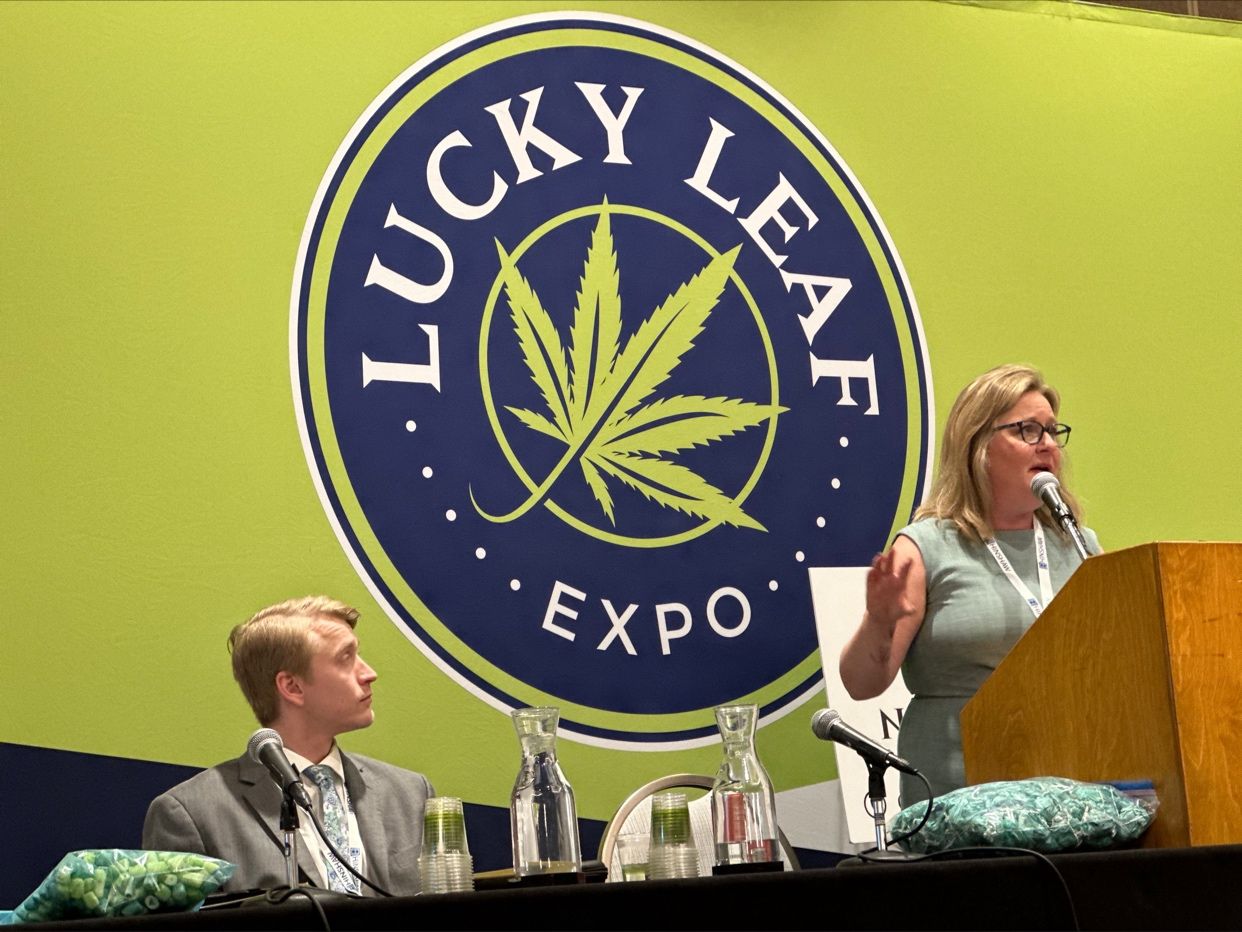
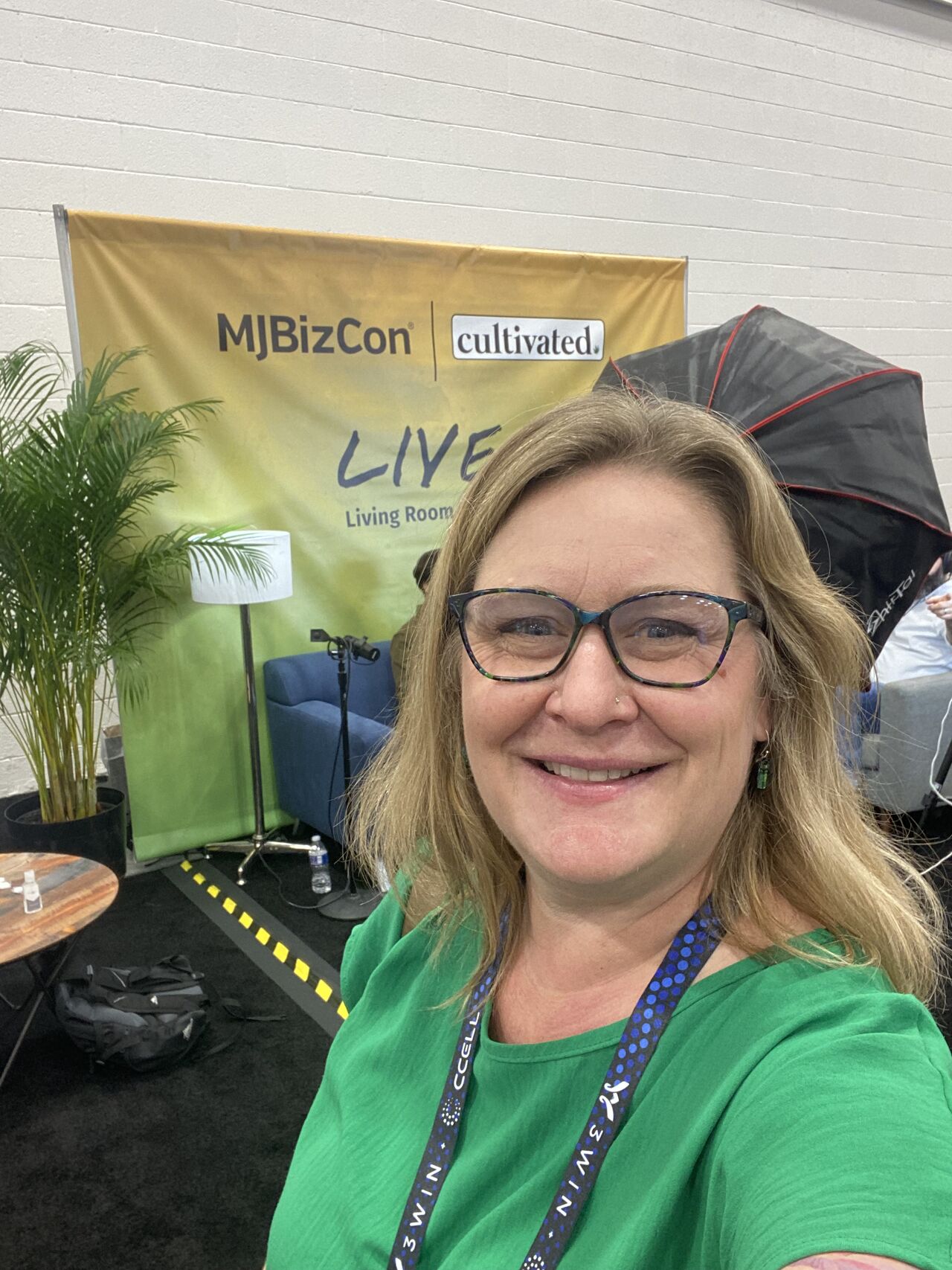
Image Credits
Angela Knox


